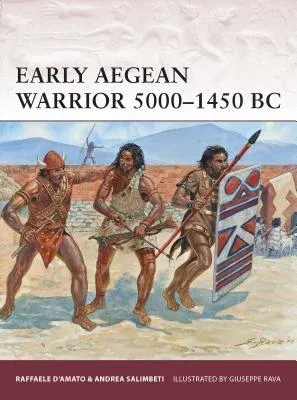The civilisations of the Greece in the Ancient World have inspired and
fascinated throughout European history. The stories of Homer, later
reinforced by the pioneering archaeological work carried out by men such
as Heinrich Schliemann at Mycenae and Sir Arthur Evans at Knossos, have
enabled modern researchers and historians to piece together a rich
material culture and reconstruct the mysteries of the Ancient World.
The mainland and islands of Greece were extensively settled by peoples
moving from Asia Minor in c.5000 BC, while a further wave in c.5000 BC
introduced bronze-working to the region. It is form this point on that
it is possible to discern a distinct Cycladic or Aegean civilisation,
developing at roughly the same time as the Egyptian and Persian
civilisations. Further to the south, the Minoan civilisation based on
Crete held sway, and this power - along with the Helladic Achaeans to
the north gradually swamped the Cycladic civilisation in between.
In common with most Bronze Age societies, the culture of the Aegean
world was dominated by warfare, with the inhabitants living in organized
settlements and small citadels with fortification walls and bulwarks,
towers and gates to provide protection against invaders from the sea or
internecine conflicts. Using the latest archaeological evidence, this
title recreates the world of these peoples through a detailed
examination of their material culture.

